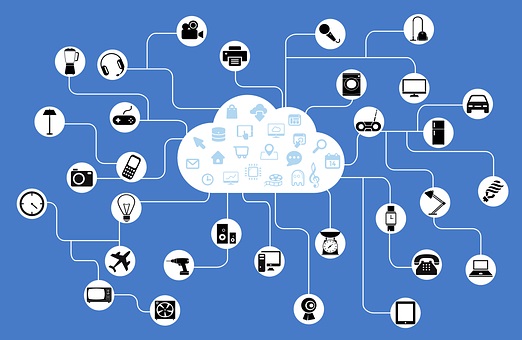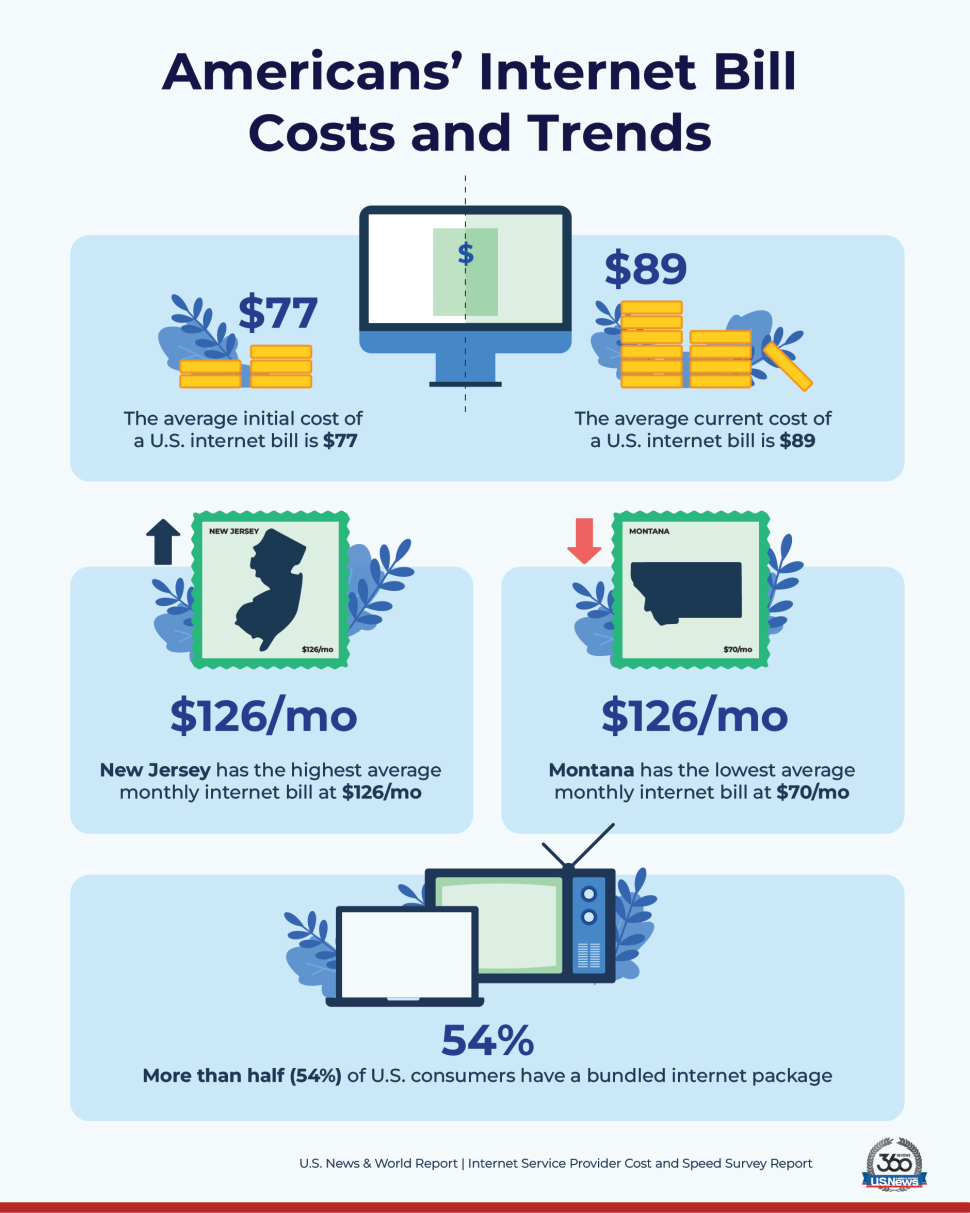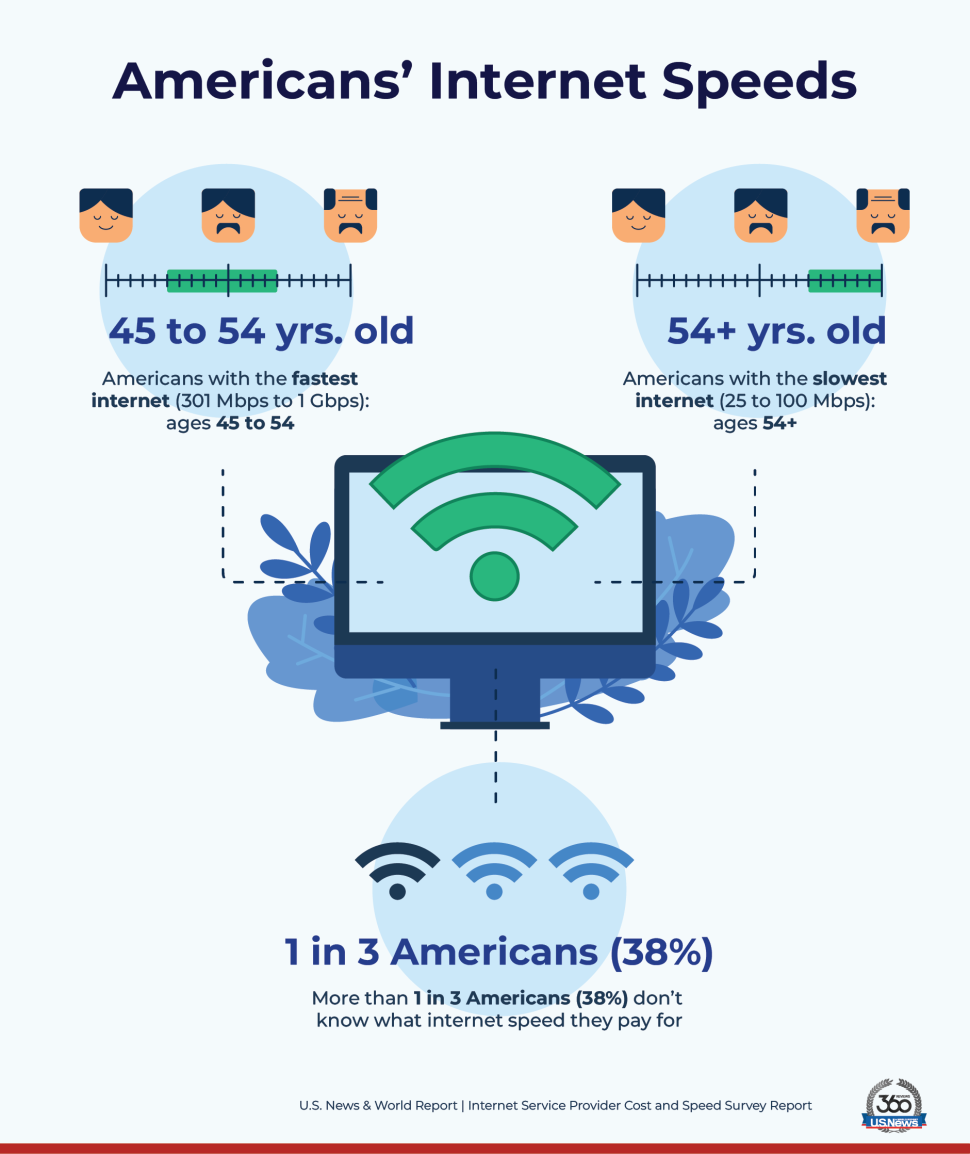
With the Affordable Connectivity Program (ACP)—enacted by Congress in 2021 to help low-income households pay for broadband service—winding down and the more than 23 million families currently enrolled in the ACP on the verge of losing government subsidies, a new survey from U.S. News' 360 Reviews highlights both the growing importance of internet services and the rising cost of internet access.
The survey of 2,500 U.S. adults regarding their internet bill costs over time and their internet service reliability found that 95% of all U.S. adults say they use the internet and that costs for those services are increasingly expensive. The survey found that the average current cost of a U.S. internet bill is $89, up from the average initial cost of the U.S. internet bill of $77.

The survey found that Gen X Americans typically have the fastest internet (301 Mbps to 1 Gbps) while Baby Boomers tend to have the slowest internet (25 to 100 Mbps). More than 1 in 3 Americans (38%) don’t know what internet speed they pay for.
“360 Reviews’ latest consumer research finds that Gen X Americans typically have the fastest internet, whereas Baby Boomers tend to have the slowest internet,” said Erica Beimesche, senior editor of Home Services, 360 Reviews. “This means older Americans might be getting left behind, especially since the Federal Communications Commission (FCC) now says broadband capability requires access to actual download speeds of at least 100 Mbps.”
The survey found that New Jersey has the highest average monthly internet bill ($126/mo.), as well as the highest average internet bill increase ($28) – from the advertised sign-up cost to current bill. Montana has the lowest average monthly internet bill ($70/month).
Most (75%) U.S. consumers say their internet service is reliable, with South Carolinians having the most reliable internet.
The full findings are available here.








